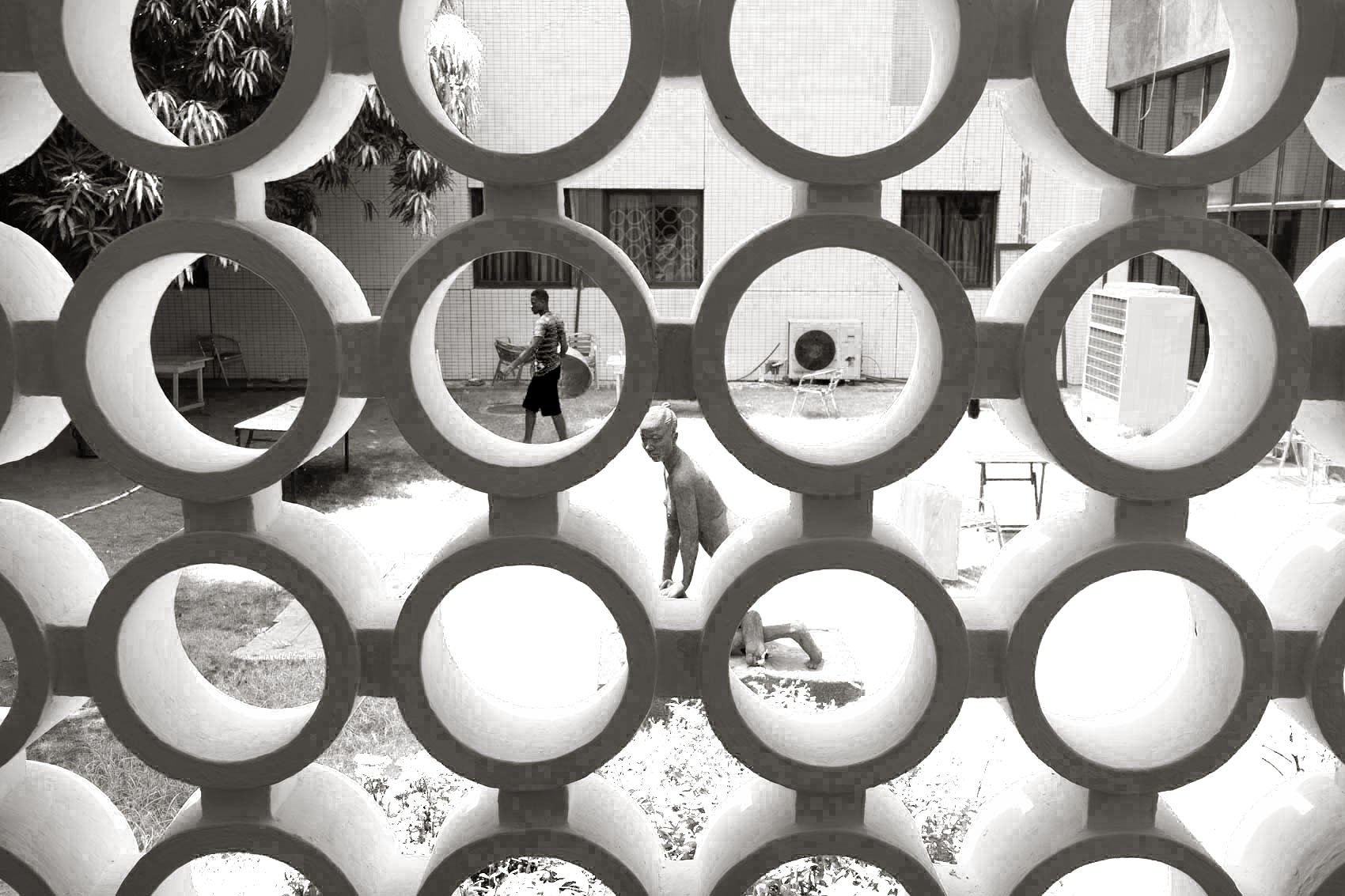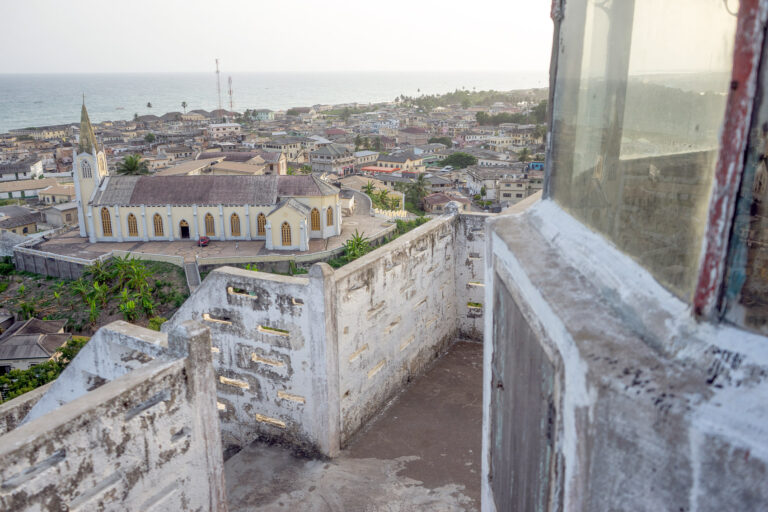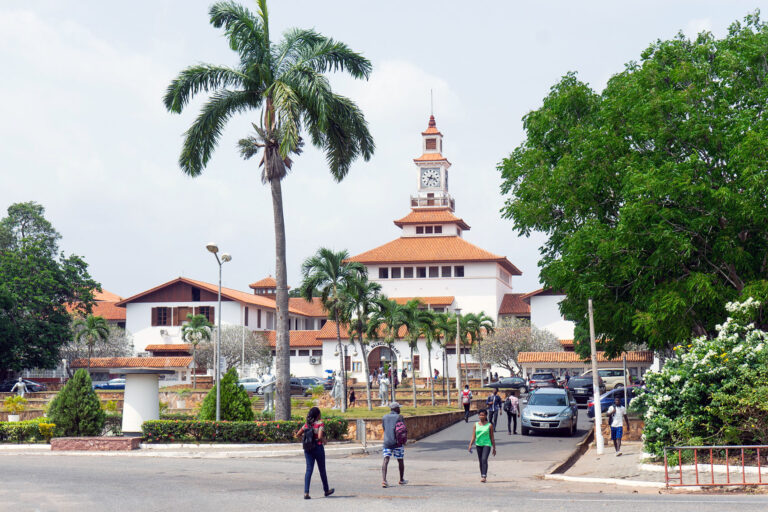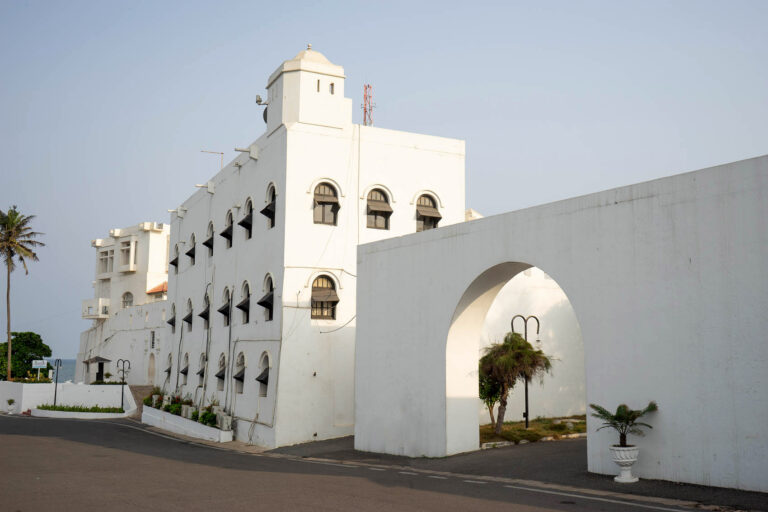A Concise History of Ghana
If we were to concentrate on just the history of the Republic of Ghana, this post would be concise indeed, because it’s only existed as an independent country since 1957. But the region and the people obviously have a history which stretches much further back. Ready for a crash course? Good! Let’s cover in five minutes what would properly require an entire college semester.

12000 BC: According to archaeological research, humans begin arriving in West Africa from the east. These are mostly hunter-gatherers, with the ability to craft simple tools. Agriculture and iron-working would soon begin to take root, as would Trans-Saharan trade.
2000 BC: As people move away from hunting and gathering, toward farming and fishing, large, permanent communities begin to pop up throughout West Africa. The growing desertification of the Sahara during this period serves to isolate West Africa from the larger, more technologically-advanced civilizations around the Mediterranean.
8th Century AD: One of the earliest known kingdoms in West Africa is the Ghana Empire, or the Wagadou. Although it’s not based anywhere close to the present-day country, the name has symbolic weight and will later be usurped by Ghana’s founding fathers. It’s unknown exactly why the Ghana Empire declined, but eventually, they would be absorbed into the Mali Empire.
1482: The parade of Europeans begins, with the arrival of the Portuguese, who build Fort São Jorge da Mina de Ouro in present-day Elmina. Hot on their heels are the Dutch, the Swedish, the Danish, the Norwegians, the Germans … and most consequentially for Ghana’s future, the English.
15th Century: The Kingdom of Dagbon emerges in the northern region of Ghana. According to oral tradition, the kingdom was founded by Tohazhie, or the “Red Hunter”. Their army will be decimated by an infinitely better-equipped German squadron in 1896, when the kingdom definitively loses independence. The Dagomba people, though, remain a proud cultural minority that will continue to dominate northern Ghana.
18th Century: Under its rulers Osei Tutu and Opoku Ware I, the Ashanti Kingdom expands from its capital in Kumasi, and manages to organize other Akan tribes into an empire which spans all of present-day Ghana. Feared warriors, wealthy merchants, ruthless traders, with a developed bureaucracy and vibrant culture, the Ashanti are a source of fascination and trepidation for the Europeans.
1900: After a number of battles to preserve its independence, the Ashanti Empire’s fight against the British meets its conclusion in the wonderfully-named War of the Golden Stool. The Brits had demanded that the Ashanti relinquish control of their ceremonial seat of power… and although the outsiders nominally win the war, the Ashanti retain possession of their stool, and enjoy de facto autonomy throughout the colonial period.
1957: When Kwame Nkrumah declares the independence of Ghana, it becomes the first country in West Africa to free itself from the yoke of colonialism. This is the culmination of nearly a decade of civic unrest and growing nationalism, after a senseless massacre of Ghanaians by British soldiers sparked the 1948 Accra Riots. To their credit, the Brits see the writing on the wall, and accept the proclamation of independence, even working with the new leaders to ensure a peaceful transition.
1979: Decades of coups and power grabs come to an end, with the ascension of Flight Lieutenant Jerry Rawlings. A complicated figure, Rawlings horrifies the country by executing hundreds of political opponents, but then immediately calls for democratic elections, the results of which he accepts. In 1982, though, he stages another coup. The subsequent 18 years under his rule brings stability to Ghana, until it’s finally ready for a real democracy.
2000: The world watches with bated breath as Ghana successfully completed its first peaceful transition of power, as the opposition New Patriotic Power (NPP) takes over from Rawlins’ National Democratic Congress (NDC). In 2008, the world breathes a sigh of relief when it happens again, this time in favor of the NDC candidate. And by 2016, it’s officially a trend, as the NPP wins back the presidency in elections that are tranquil, and declared as free and fair by international observers.
2019 and Beyond: Will the democratic trend continue? We’ll find out in 2020, when the country returns to the polls. Ghana is currently blessed with many positive facets, including a reputation for safety and peace. With a diverse range of resources, the economy continues to be a bright spot and was the world’s fastest-growing as recently as 2007, although not all of the people been able to benefit. But if Ghana can maintain its course, the future looks bright for the Black Star Nation.



